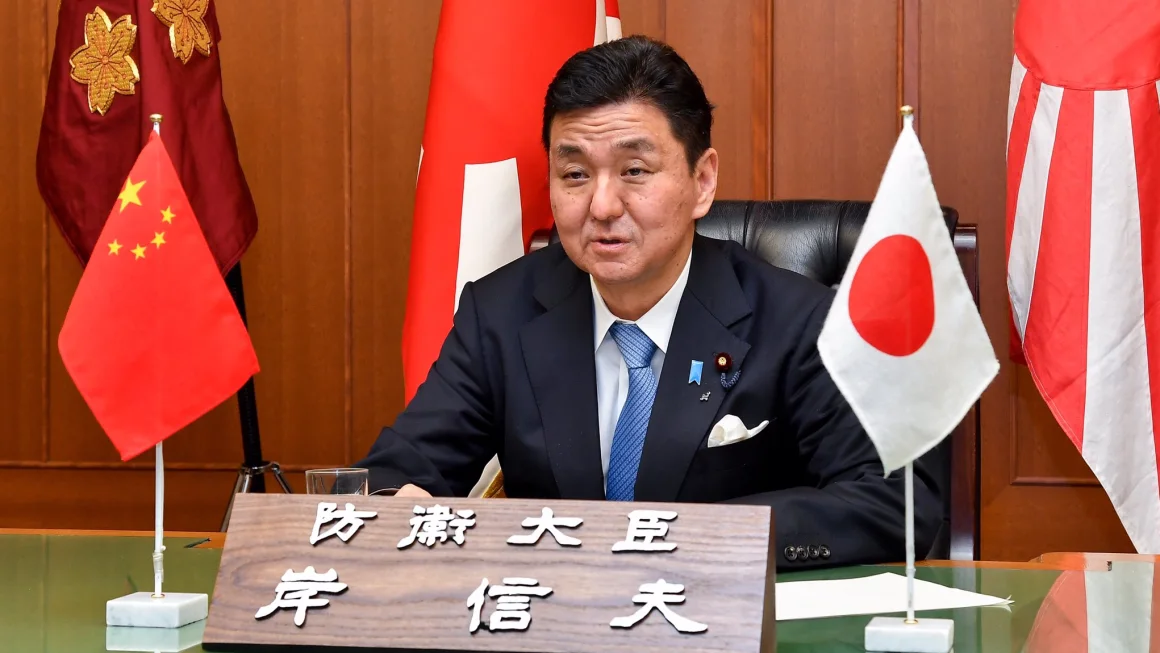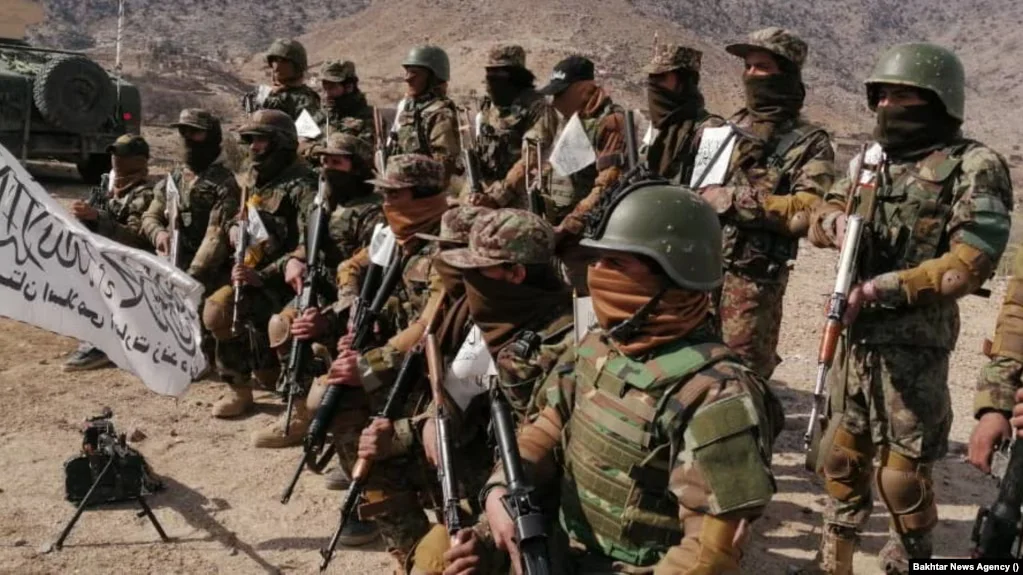Japan and China held high-level defense talks after four years. They discussed security issues and plans to launch a communications hotline this spring.
TOKYO — Japan and China agreed to work toward launching a communications hotline this spring. They reached this agreement during their first high-level defense talks in four years.
Defense officials from the two countries met in the Japanese capital. Tensions were high over China’s alleged surveillance using spy balloons and issues related to Taiwan.
The two sides discussed a wide range of issues involving regional security. They included continued cooperation toward creating the defense hotline in the spring. Japan’s Defense Ministry provided this information. Tokyo urged Beijing to prevent intrusion by its balloons into the airspace of other nations.
Senior defense and foreign ministry officials held separate meetings on Tuesday. They will meet for four-way security talks on Wednesday. This will resume such a dialogue for the first time since 2019.
From the Japanese side, Shigeo Yamada, senior deputy minister for foreign affairs, is participating. Atsushi Ando, deputy director-general of the Defense Ministry Policy Bureau, is also taking part.
Problems in Relations
Before the talks, Japanese Foreign Minister Yoshimasa Hayashi cited “challenges and concerns” over relations with China in a morning press conference.
He cited Beijing’s increased military activity, including cooperation with Russia, and apparent use of balloons for spying. In the wake of the controversy over the Chinese balloon shot down by the U.S. this month, Japan suspects that similar craft flew over its territory in recent years.
“It is important to engage in frank dialogue because of the challenges and concerns” Hayashi said, adding that Japan would say what needs to be said.
SEE ALSO: https://southasiatimes.org/japans-defence-overhaul-from-pacifist-to-militarist/
Chinese Foreign Ministry spokesperson Wang Wenbin told reporters on Monday that the two sides would have “an extensive and in-depth exchange of views on China-Japan relations, defense and security policies and international and regional issues of shared interest.”
The bilateral regular consultation framework began in 1980 and was last held in February 2019.
The talks follow last week’s meeting between Hayashi and China’s top diplomat Wang Yi in Germany on the sidelines of the Munich Security Conference. Hayashi conveyed Japan’s misgivings over the balloon issue. He also expressed concerns regarding China’s growing military activity near Japan, according to the ministry.
Source: Nikkei Asia






